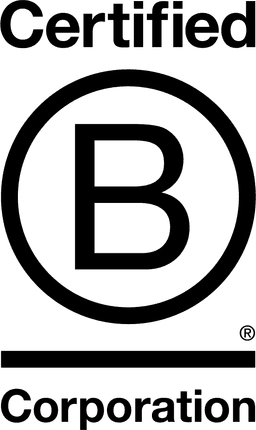

Litografia Express Srl

1.6
Province of Parma, Italy
April 2025
Paper & paper products
Manufacturing
Italy
Dai vita ai tuoi progetti. Litografia Express fondata nel 1963 in provincia di Parma, è specializzata nella progettazione e realizzazione di materiali informativi, packaging personalizzati e stand per eventi. Con un'ampia esperienza nelle tecniche di stampa offset e digitale, ci dedichiamo alla creazione di soluzioni innovative che rispondano alle specifiche esigenze dei nostri clienti cui forniamo un apprezzato servizio di consulenza. Siamo costantemente alla ricerca di soluzioni che uniscano creatività, innovazione e sostenibilità, con l’obiettivo di ridurre l’impatto ambientale e proporre alternative responsabili nel mondo della stampa e della cartotecnica, come articoli certificati FSC Bring your projects to life. Litografia Express founded in 1963 near Parma, specialized in the design and production of information materials, customized packaging and stands for events. With extensive experience in offset and digital printing techniques, we act for creating innovative solutions that meet the specific needs of our customers to whom we provide a valued consulting service. We are constantly looking for solutions that combine creativity, innovation and sustainability, with the aim of reducing the environmental impact and proposing responsible alternatives in the world of printing
Overall B Impact Score
Governance 15.7
Governance evaluates a company's overall mission, engagement around its social/environmental impact, ethics, and transparency. This section also evaluates the ability of a company to protect their mission and formally consider stakeholders in decision making through their corporate structure (e.g. benefit corporation) or corporate governing documents.
What is this? A company with an Impact Business Model is intentionally designed to create a specific positive outcome for one of its stakeholders - such as workers, community, environment, or customers.
Workers 26.2
Workers evaluates a company’s contributions to its employees’ financial security, health & safety, wellness, career development, and engagement & satisfaction. In addition, this section recognizes business models designed to benefit workers, such as companies that are at least 40% owned by non-executive employees and those that have workforce development programs to support individuals with barriers to employment.
Community 21.7
Community evaluates a company’s engagement with and impact on the communities in which it operates, hires from, and sources from. Topics include diversity, equity & inclusion, economic impact, civic engagement, charitable giving, and supply chain management. In addition, this section recognizes business models that are designed to address specific community-oriented problems, such as poverty alleviation through fair trade sourcing or distribution via microenterprises, producer cooperative models, locally focused economic development, and formal charitable giving commitments.
Environment 27.4
Environment evaluates a company’s overall environmental management practices as well as its impact on the air, climate, water, land, and biodiversity. This includes the direct impact of a company’s operations and, when applicable its supply chain and distribution channels. This section also recognizes companies with environmentally innovative production processes and those that sell products or services that have a positive environmental impact. Some examples might include products and services that create renewable energy, reduce consumption or waste, conserve land or wildlife, provide less toxic alternatives to the market, or educate people about environmental problems.
What is this? A company with an Impact Business Model is intentionally designed to create a specific positive outcome for one of its stakeholders - such as workers, community, environment, or customers.
Customers 2.4
Customers evaluates a company’s stewardship of its customers through the quality of its products and services, ethical marketing, data privacy and security, and feedback channels. In addition, this section recognizes products or services that are designed to address a particular social problem for or through its customers, such as health or educational products, arts & media products, serving underserved customers/clients, and services that improve the social impact of other businesses or organizations.